Do Ball Python Have Teeth The meaning of DO is to bring to pass carry out How to use do in a sentence Feasible and Doable
Do is one of three auxiliary verbs in English be do have We use do to make negatives do not to make question forms and to make the verb more emphatic We use do does present simple or did past simple to give extra force to the main verb We use the infinitive of the main verb without to and stress do does did when speaking
Do Ball Python Have Teeth
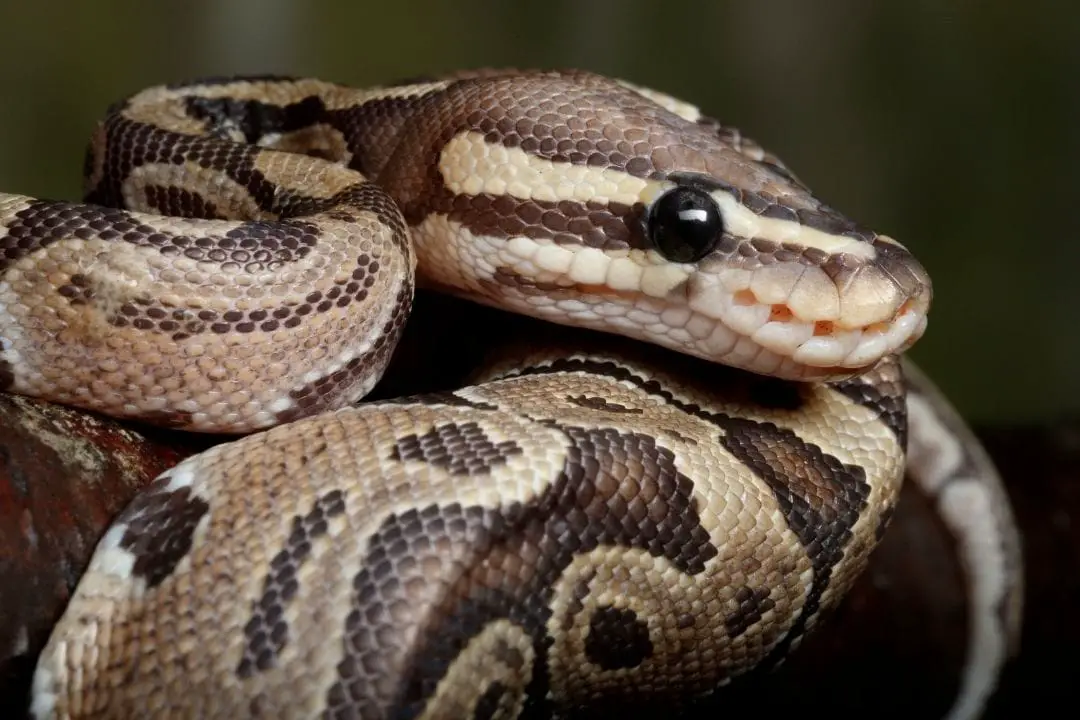
Do Ball Python Have Teeth
https://reptilehow.com/wp-content/uploads/CUTE-BALL-PYTHON-pet.jpg
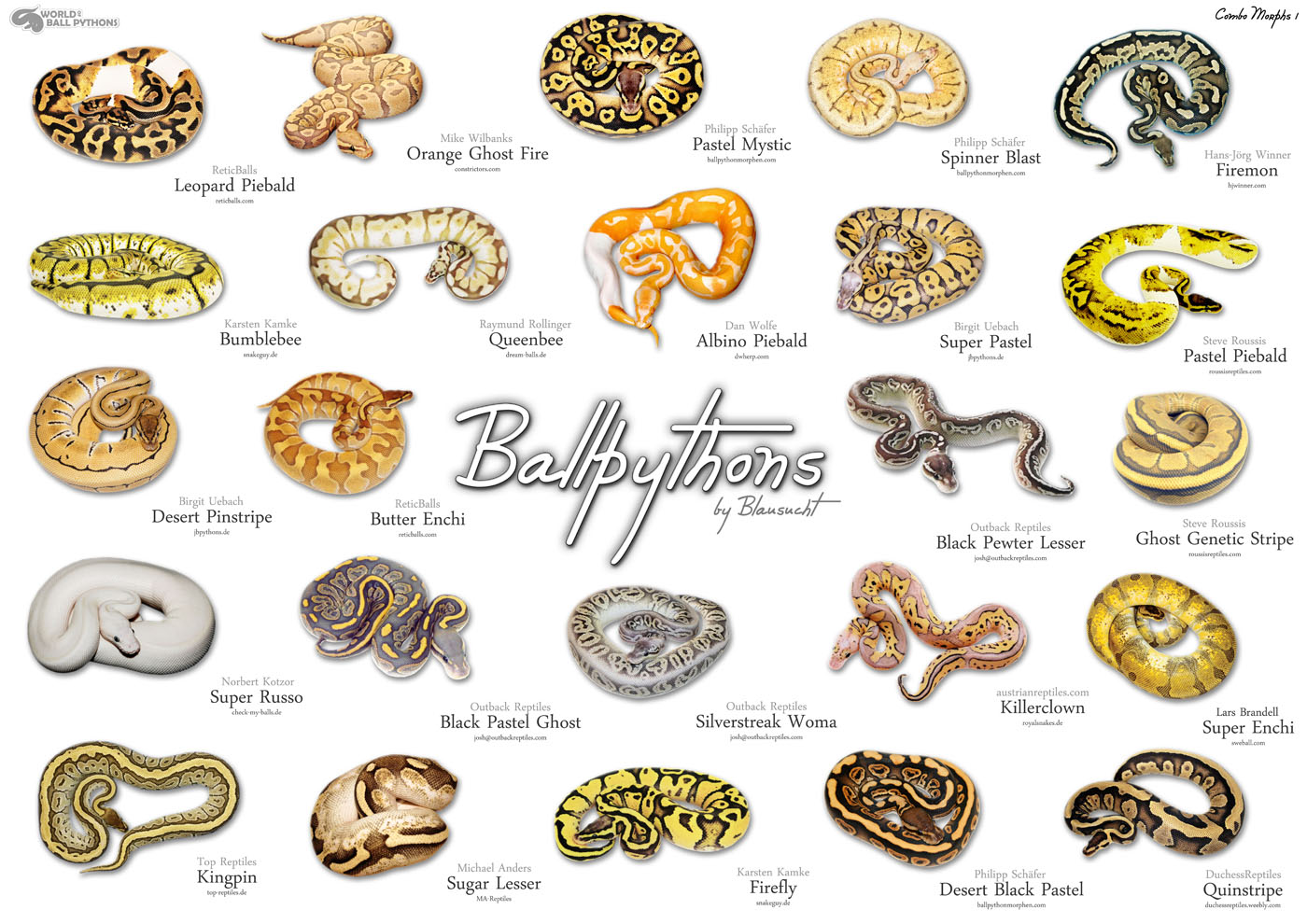
World Of Ball Pythons
http://www.worldofballpythons.com/files/shop/products/6/check3b.jpg
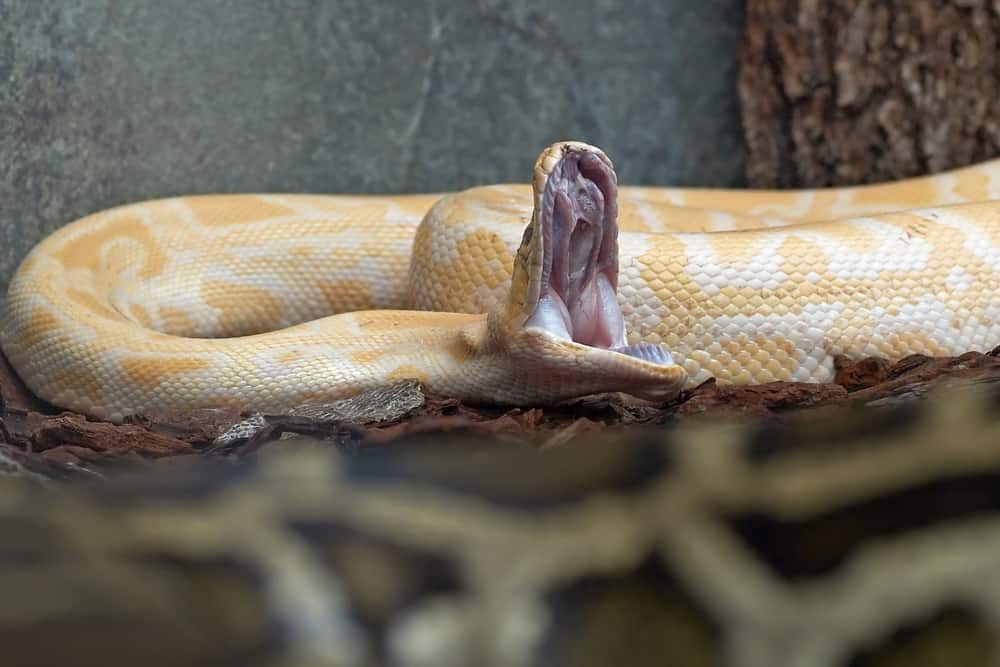
Python Teeth
https://reptile.guide/wp-content/uploads/2021/08/yawning-Burmese-python.jpg
When you do something you take some action or perform an activity or task Do is often used instead of a more specific verb to talk about a common action involving a particular thing DO DOES AM IS ARE Download this explanation in PDF here Click here for our complete programme to perfect your English grammar When we make questions in the present simple
intransitive to act or behave in the way mentioned do as Do as you re told They are free to do as they please adv prep You would do well to I advise you to consider all the options Understanding when to use do and does is key for speaking and writing English correctly Use do with the pronouns I you we and they For example I do like pizza or
More picture related to Do Ball Python Have Teeth
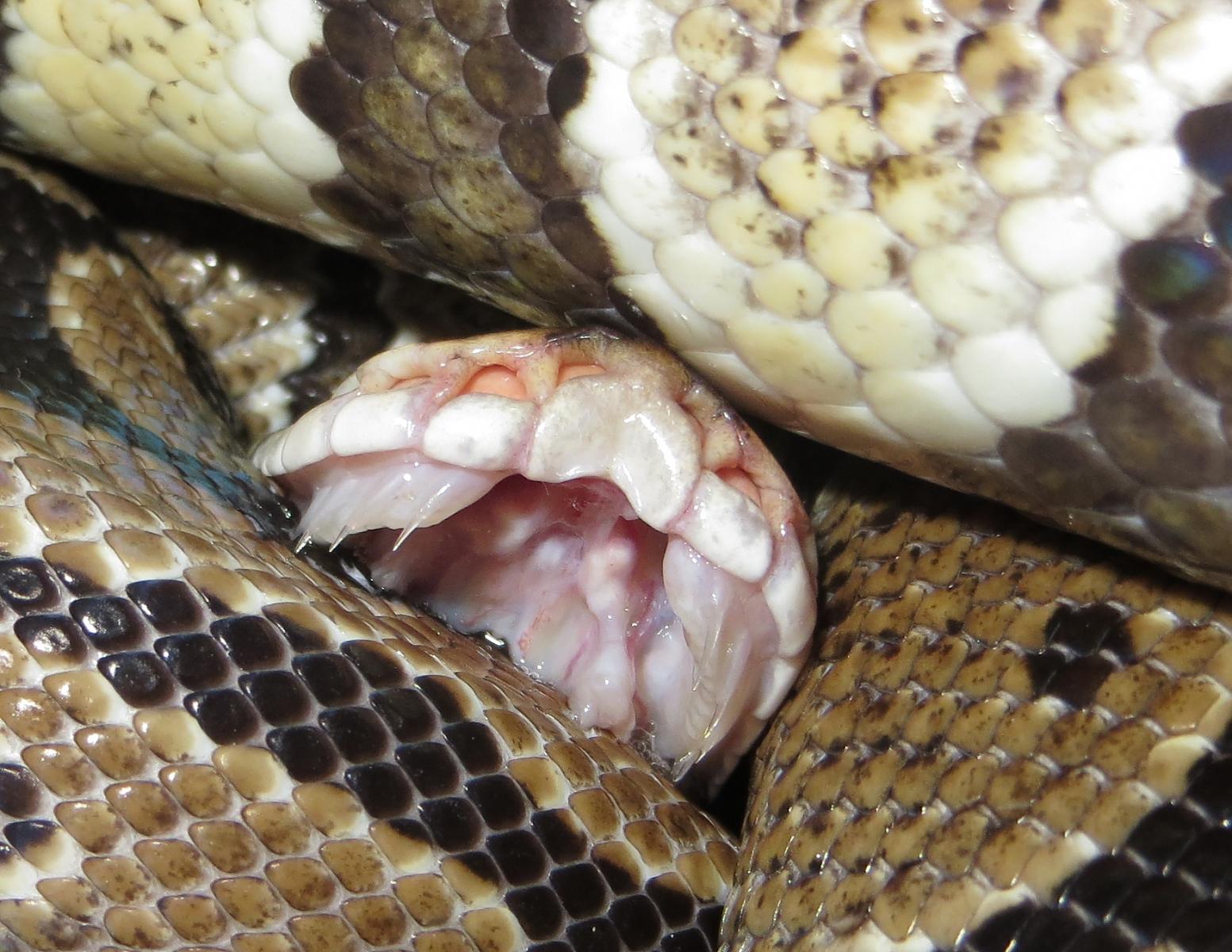
Python Teeth
https://ball-pythons.net/gallery/files/8/9/3/2/ball_python_teeth.jpg
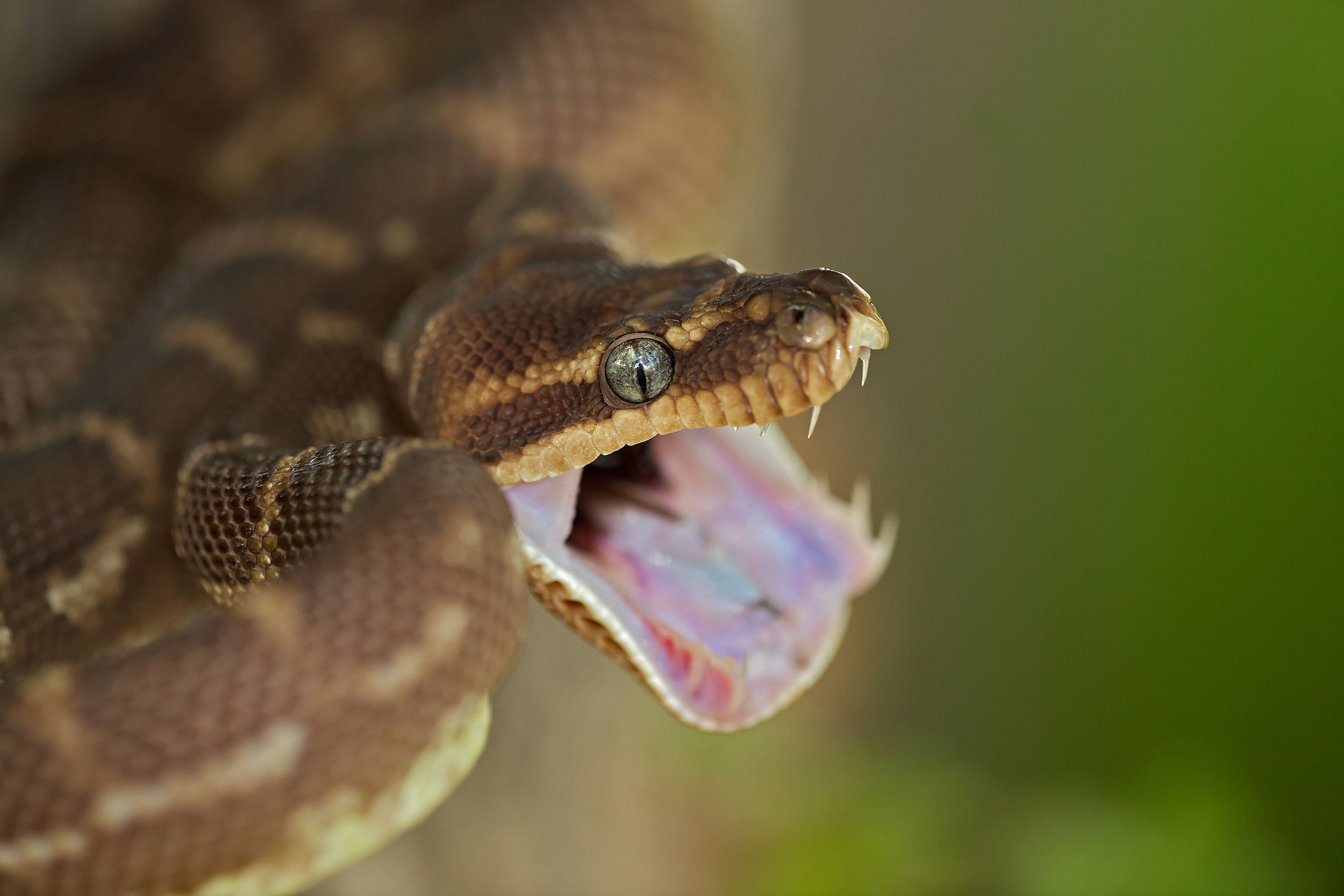
Python Teeth
https://www.australiangeographic.com.au/wp-content/uploads/2021/05/snake-fang-evolution.jpg

Python Teeth
https://bugwoodcloud.org/images/1536x1024/5369585.jpg
In this lesson you can learn all about how to use the verb do You ll see many different ways to use do from basic beginner uses through to complex sentences using a range of advanced Does is the singular form of do Note that don t and doesn t are the contracted forms of do not and does not In the sentences given above do is used as an auxiliary verb
[desc-10] [desc-11]
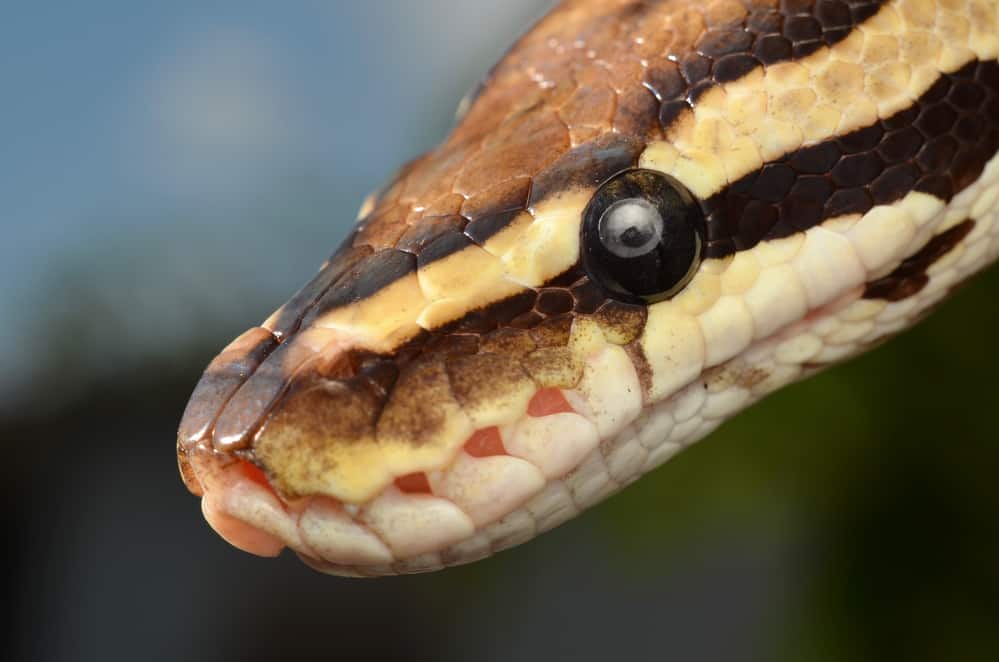
Ball Python Enclosure Perfect Size DIY Pictures More
https://reptile.guide/wp-content/uploads/2021/08/Ball-Pythons-Have-Teeth.jpg
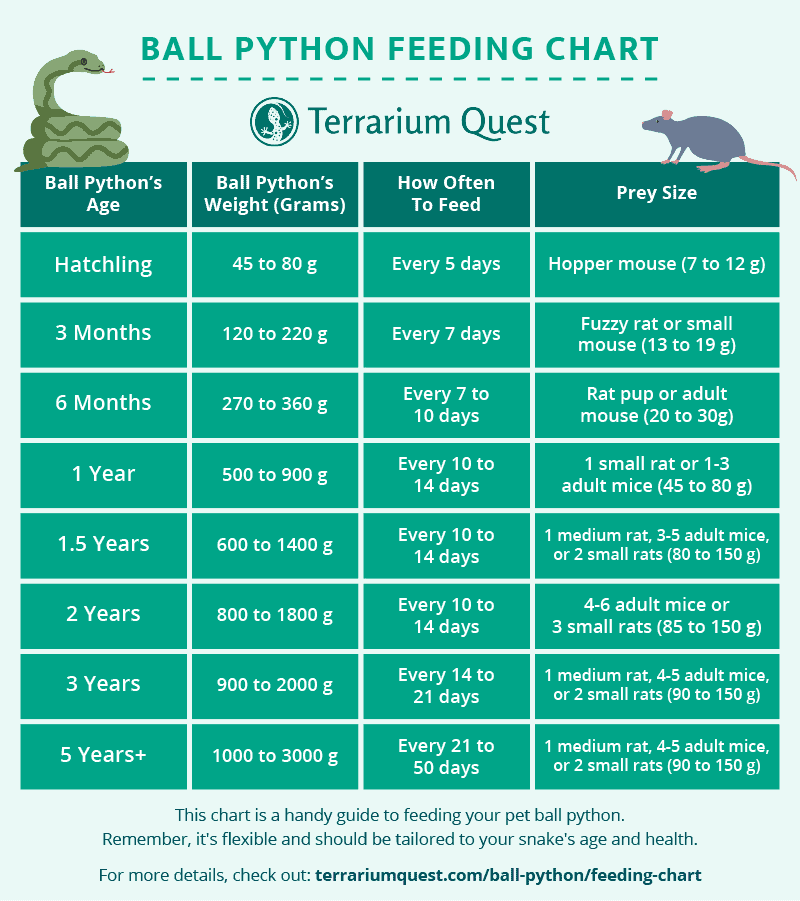
Ball Python Food Chart
https://www.terrariumquest.com/wp-content/uploads/2023/06/ball-python-feeding-chart.webp

https://www.merriam-webster.com › dictionary › do
The meaning of DO is to bring to pass carry out How to use do in a sentence Feasible and Doable

https://dictionary.cambridge.org › dictionary › english › do
Do is one of three auxiliary verbs in English be do have We use do to make negatives do not to make question forms and to make the verb more emphatic
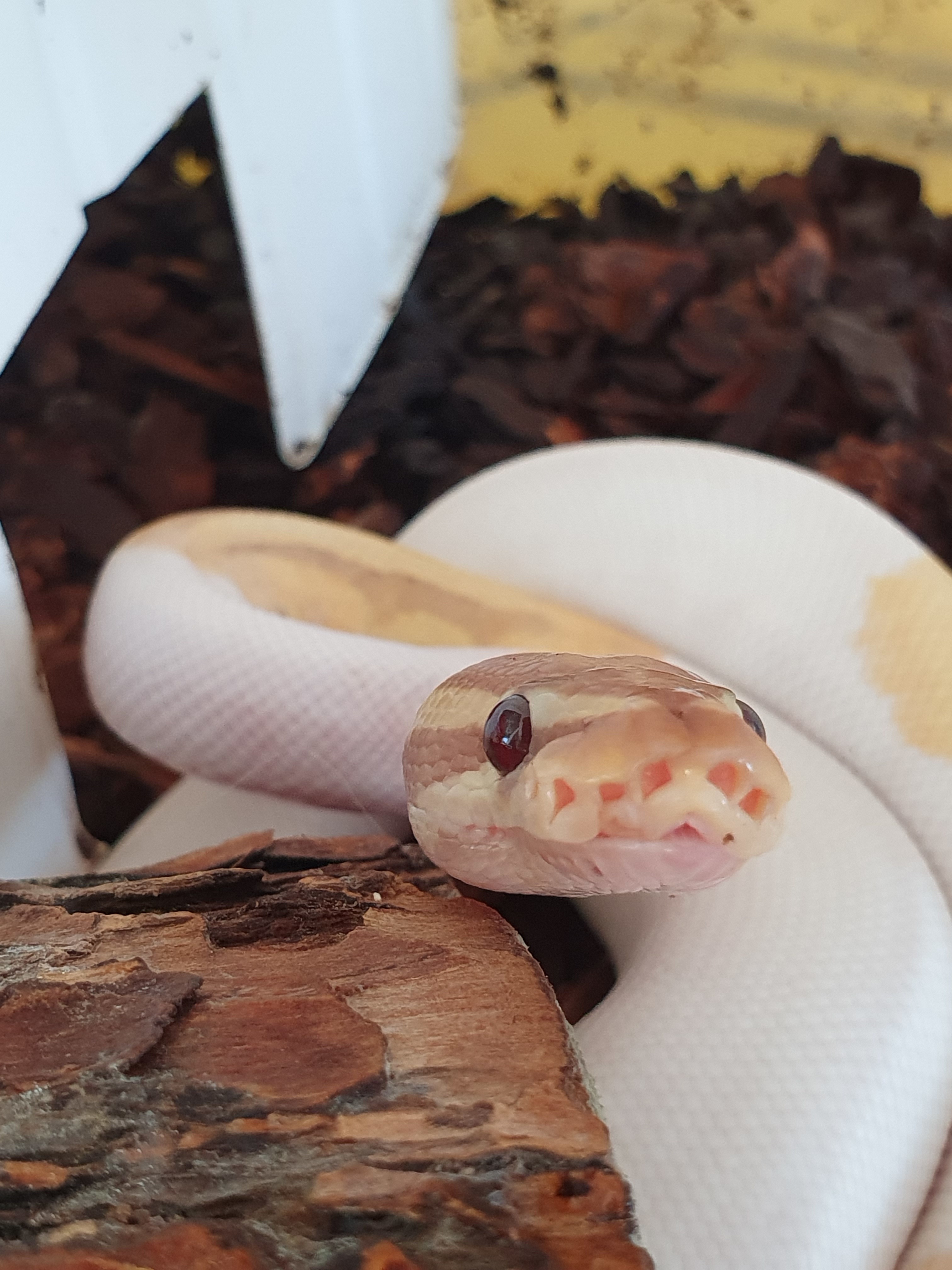
Ball Python Lip Issue Ball Pythons MorphMarket Reptile Community

Ball Python Enclosure Perfect Size DIY Pictures More

Striking Uniquely Colored Animals

Pin On Serpents
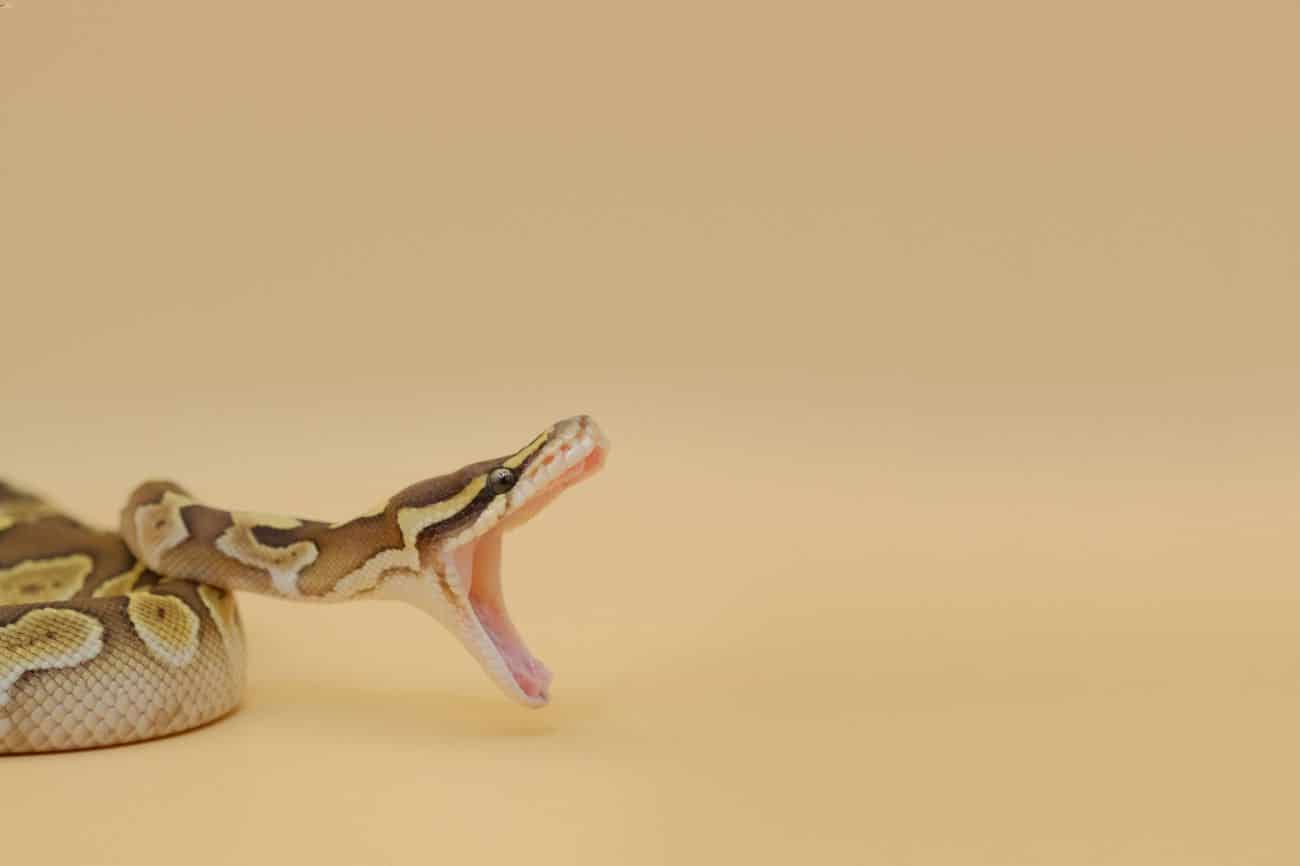
Burmese Python Bite

Burmese Python Teeth A Z Animals

Burmese Python Teeth A Z Animals

Carpet Python Bite Dangerous Carpet Vidalondon

Ball Python Egg Incubation Hatching 60 Day Guide More Reptiles

Ball Python Teeth Everything You Need To Know
Do Ball Python Have Teeth - When you do something you take some action or perform an activity or task Do is often used instead of a more specific verb to talk about a common action involving a particular thing